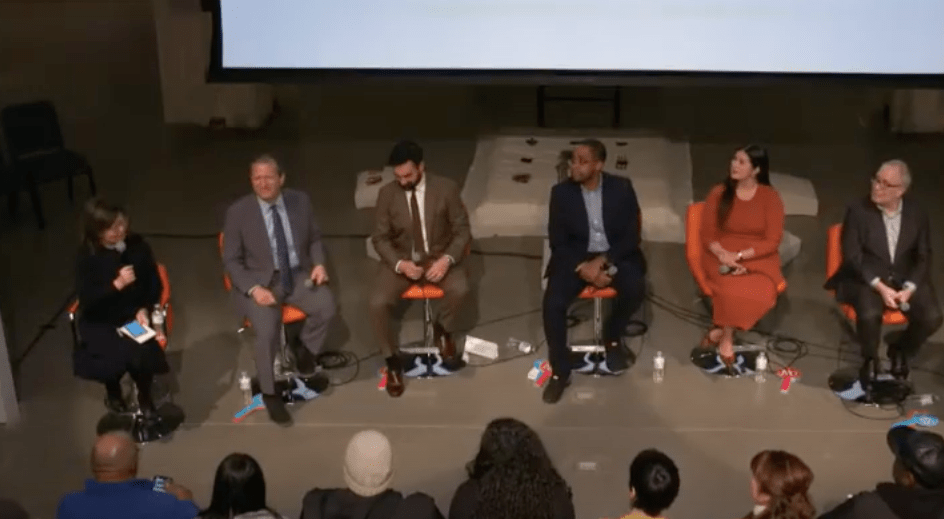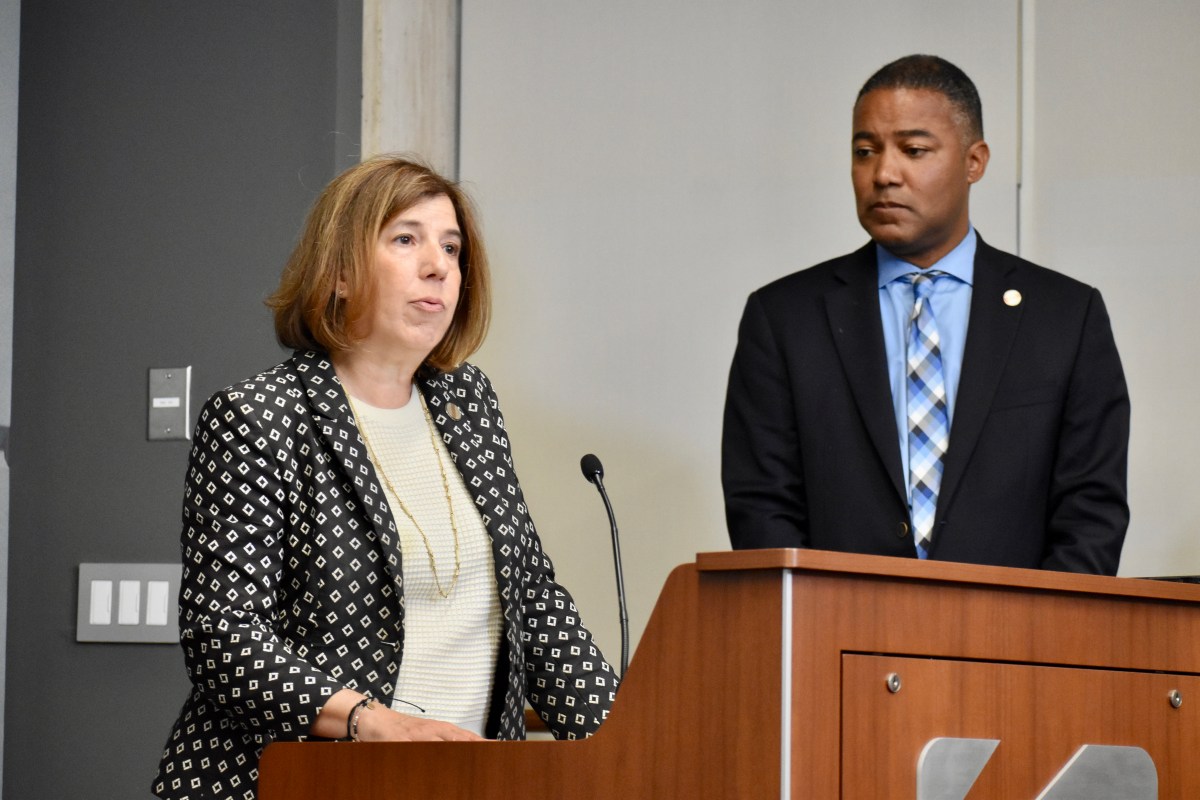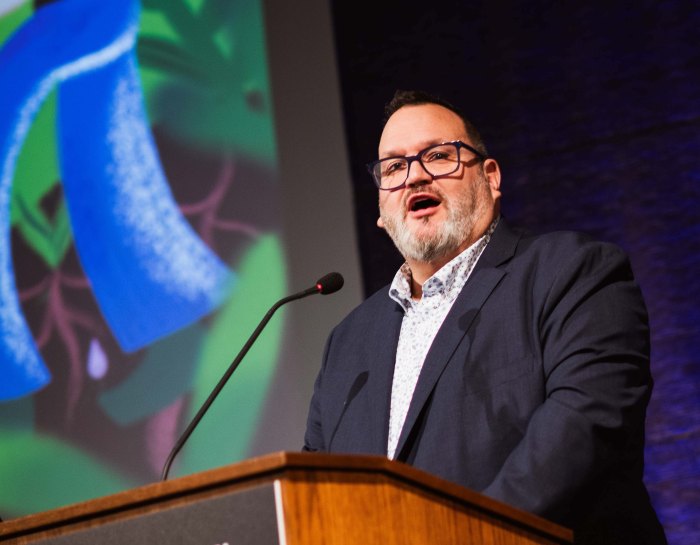MEXICO CITY (Reuters) – Mexican President Andres Manuel Lopez Obrador on Monday laid out plans to restructure the country’s freedom of information institute, along with other autonomous watchdogs and regulators, a move critics say would weaken checks on government power.
Lopez Obrador has long criticized government watchdogs and regulators as a waste of budget better used for education and welfare. The government itself could handle public information requests without the need for a separate institution, he said on Monday.
“Why have a very expensive transparency apparatus if the government is (already) obliged to report and make everything it does transparent?” Lopez Obrador said at his regular news conference, adding that the freedom of information institute known as INAI costs about $50 million a year.
“Transparency is a golden rule of democracy,” he said, citing laws that oblige the government to make information available to the public. “We’ve got nothing to hide.”
The government was drawing up a formal proposal regarding INAI, Lopez Obrador said, part of a wider administrative reform bill he wants to present to Congress by February.
It was not clear if INAI would be absorbed by government offices, or if it would be restructured.
Lopez Obrador said his goal was to avoid duplication of work by different agencies. On Friday, he targeted the telecoms regulator and said it could be merged with the communications ministry.
Critics, however, see the planned reform as an attempt to consolidate power, removing checks and balances and leaving the government to police itself.
“You become a player and a referee on the same field if you absorb those functions,” said Ernesto Piedras, head of Latin American market consultancy The CIU. “It would be centralizing too much.”
Article 19, a freedom of expression observatory, said eliminating the groups would be “a serious setback in human rights.”
“These organizations are and have been citizen tools to exercise key rights such as freedom of expression and the right to information,” Article 19 said last week.
(Reporting by Cassandra Garrison and Raul Cortes; Editing by Frank Jack Daniel and Sam Holmes)

























